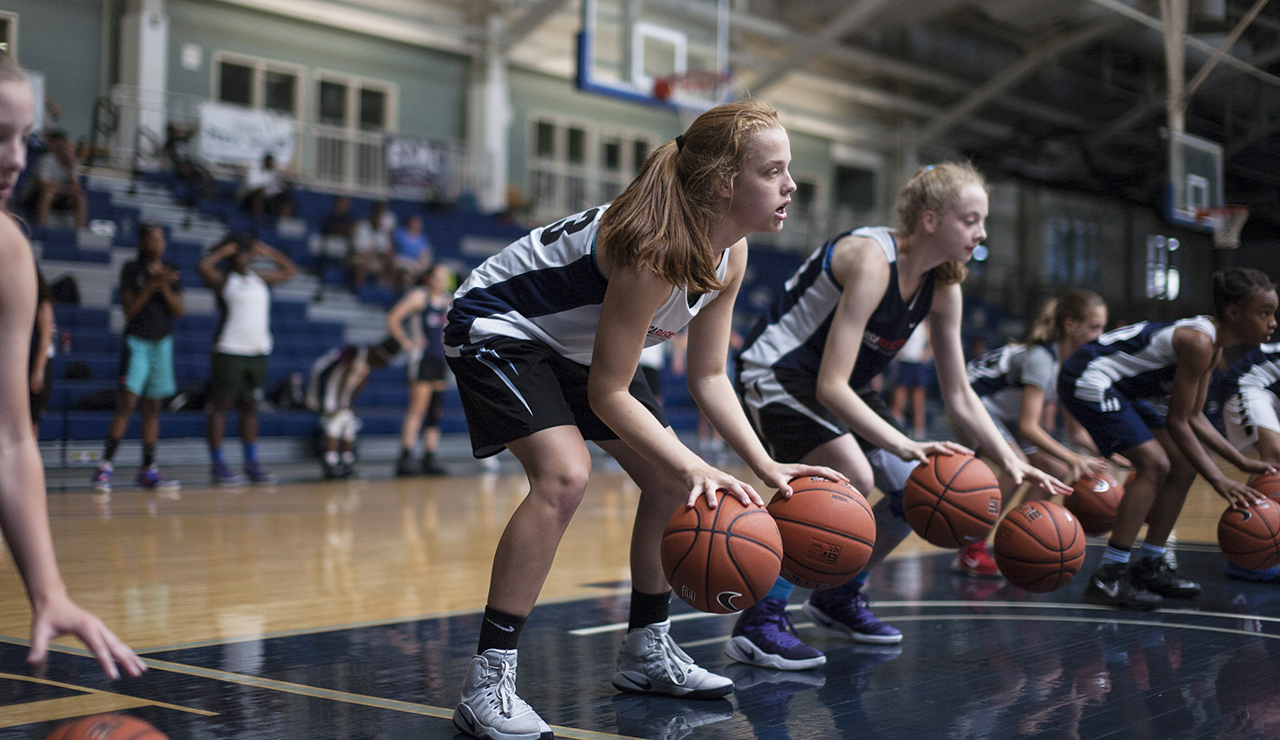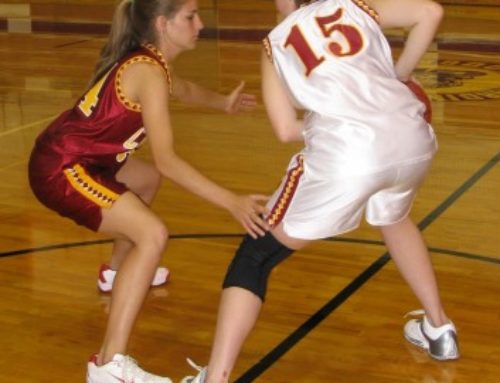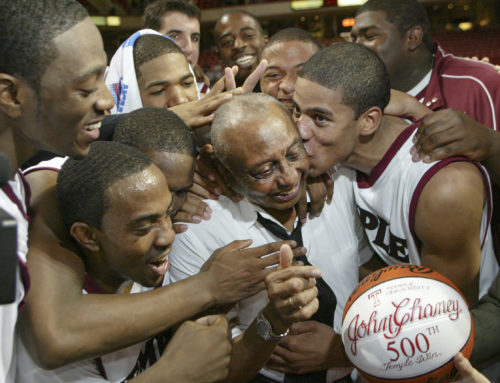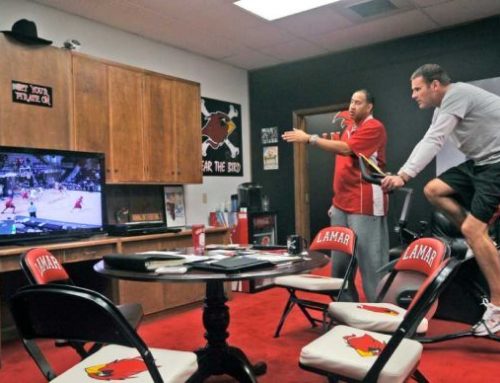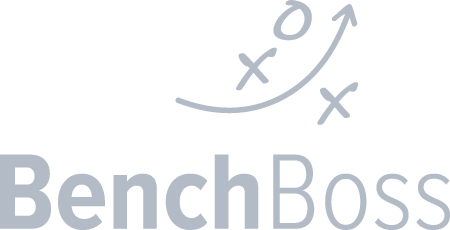If you are a coach, you probably often thought about how to best develop your players. There are numerous approaches to player development and most coaches use skill development as the main instrument for their players getting better. Moreover, developing individual skills is often associated as developing the player. While that is true to some extent, it is important that we make a distinction of what is skills and what is player development. When developing skills, coaches usually work with the player on a specific move or ability that they want to acquire. When it comes to player development, coaches focus on game-like situations and implementing the player’s skills in the team system on the court. Therefore, skills development doesn’t necessarily develop the player’s basketball knowledge, but provides the ability to execute what the coach is asking for during the game.
Let’s start with skills first. Skill coaches usually work with players during the offseason on areas of their game they want to improve on. The focus can be on a variety of skills. For example, a player can work through numerous dribble drills in order to tighten his/her ball handling. The player gets more confident with more repetition and coaches should communicate with their players over which moves are feeling suitable for them. If they are not comfortable with a certain skill, it is more likely that doing it will result in a turnover in the game. As a coach, you also need to convince the player that a certain skill will improve their game, so a trusting relationship has a huge role in developing skills. That’s why it is important to communicate with the players as well, not only force them through hundreds of drills. It is very important for skill work to have a combination of technique and decision-making. Many coaches run drills that focus purely on technique, and that is good for starters, but these drills need to involve a certain level of decision-making by the player in order for the skill to be fully acquired. Let’s take our example of ball handling. Stationary drills can be good for creating confidence in dribbling, but the player will not be able to start implementing this in a game-like situation if there is no decision-making. The use of cones is pretty popular to simulate defenders, but having a live defender who forces the player to make intuitive decisions with their dribble would improve his/her dribble much more. Knowing this, you should organize your practices in a proper manner and increase the difficulty of the drills in order to fully prepare your players for prime time.
So what then is player development? Well, think of the skills developed as only one part of a player developed. Player development coaches focus on maximally preparing the player for the on court experience. They focus strictly on the game at hand from a team perspective and how the player will perform on the court. For example, let’s say your team is playing a series against a team that is bad at defending the pick and roll. In order to maximize your team’s performance in those games, you would run various simulations in a pick and roll situation, creating a game-like environment for your team. Player development coaches are there to guide the player on what theoretically needs to be done or what angles need to be attacked to have the most success. Players are also put in drills which resemble the team’s offensive sets. For example, if your team is running a lot of floppy actions to get shooters open on the three, a good idea would be to have shooting drills where players will come off screens and shoot an elbow extended three. A skill coach might teach a player how to acquire a certain skill like a step-back three, but that might not be the team’s philosophy on offense and the head coach might bench the player even if he/she acquired a new skill. Player development focuses on developing a player in a direction that the team needs him/her to develop. Team’s today also have the technology to easily collect data about the player, showing what they are doing good or bad in the game and working with them on those areas. Skills coaches will help players expand their arsenal, but player development coaches will help them maximize their performance in the game.
So those are the differences between these two types of coaching. Which one is more beneficial? Well, for your team to be successful, you definitely need both. I would argue that you first need to develop the skills in your players that you think will be crucial for the way you plan on playing basketball. When the players are confident in their abilities, you can start implementing them into certain plays or sets you want to run. In simple words, skills development is part of a full player development and is crucial for its success.

